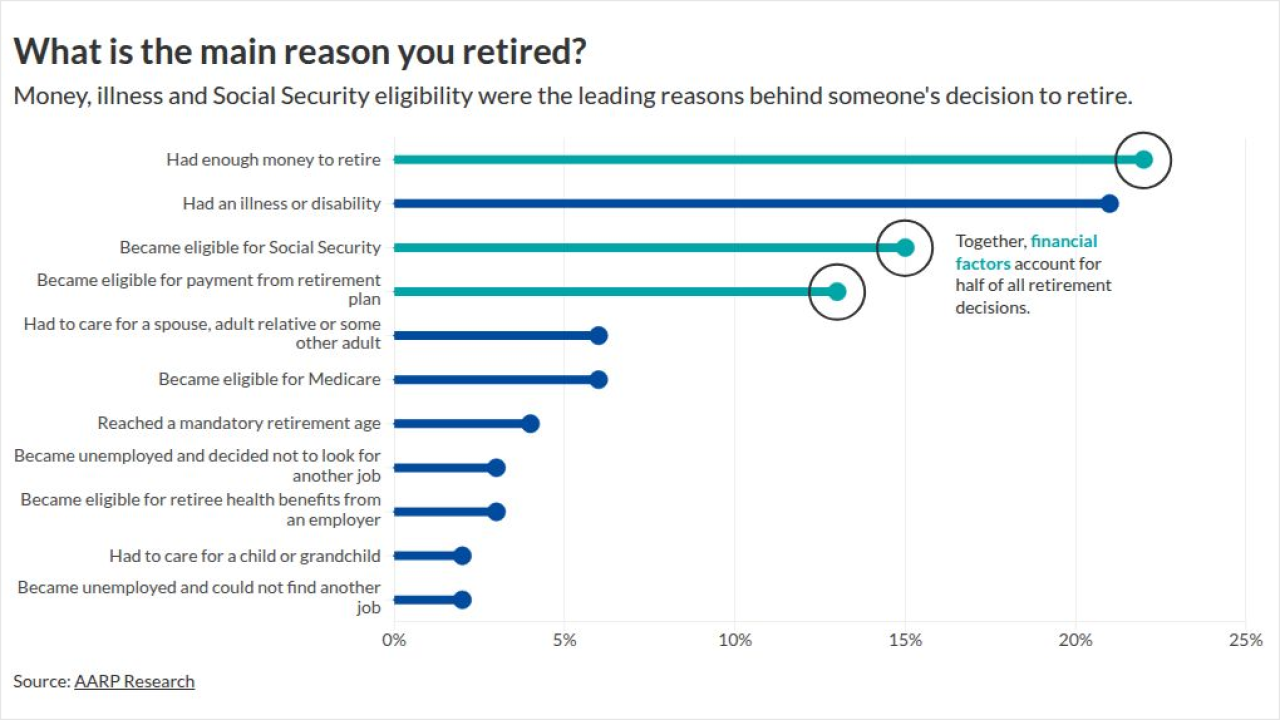When a widowed mother plans to split her mutual fund portfolio equally among all of her children, this may be acceptable to everyone in the family. However, passing on a vacation home in the same way can have unintended consequences.
“A bequest that was well-intentioned by the parents could end up destroying family relationships,” says Brent Brodeski, CEO of Savant Capital Management in Rockford, Illinois. “Ironically, that’s exactly the opposite of what the parents desired when they imagined family reunions each year at the lake.”
The challenge, according to Brooke Salvini, principal at Salvini Financial Planning in Avila Beach, California, is that some children might want to cash in their share of this valuable asset, while others may disagree.
“Some of the siblings may have a sentimental attachment to the family vacation house and want to keep it for ongoing generations,” she says. “When there is the wherewithal, the easy solution is a buyout among the siblings. It’s harder when that isn’t possible and the sentimental siblings are forced to sell. That has left hard feelings in the family.”

A need for cash isn’t the only obstacle that can arise. Brodeski has seen situations where one heir lives too far away to visit frequently, or one child has bad memories of being dragged to the vacation home. He has also seen situations in which one heir has a spouse who doesn’t want to use the vacation home, or one heir who is unmarried and without children has no use for a large vacation home.
“When such a home passes to the children,” he says, “most often there is some combination of one kid who loves it and uses it while at least one other does not. Then the siblings who want to get rid of it are frustrated.”
FAMILY FORUMS
If advisers get involved while original vacation homeowners are still alive and healthy, quite a bit of frustration can be avoided.
“It's difficult for the heirs to make decisions after the death of the parents,” says Erika Safran, founder of Safran Wealth Advisors in New York. “That’s partially because of likely unequal financial lives, and partially because of emotional attachment to the property that represented their parents and their youth. Problems can be avoided by some thoughtful conversations and forward planning.”

Safran is currently working with a couple who has a vacation home that the family enjoyed for years while the children were young.
“Now their college-age kids have no desire to use the home, so the parents wonder if they should keep it for future generations or if they should sell the house, which has appreciated substantially,” Safran says. “This couple can afford to hold onto the home, so selling to raise cash is not necessary.”
Safran advised the parents to hold onto the house, continue to use it periodically and perhaps rent it out when it is not in use.
“Years from now, when the kids are established in their careers, the family can revisit the keep-or-sell decision,” she says. “Selling the property would create a sizable tax liability on the gain.”
TRIPLE TAXING
A vacation home sale does not qualify for the $250,000 capital gain exclusion ($500,000 for married couples filing jointly) that may apply to sales of a principal residence.
Instead, a large gain on a vacation home might be taxed at the top 20% rate on long-term capital gains, plus the 3.8% surtax on net investment income and perhaps the state income tax as well.
However, “maintaining the vacation property and leaving it to the heirs does not create an income tax bill,” Safran says. Indeed, current law provides a basis step-up to the date of-death value, eliminating capital gain tax on prior appreciation.
“Once the kids are older, family communication while both parents are alive is a key to making decisions everyone is happy with,” says Safran. “The kids might want to share the house and maintain it. If one child is not as financially secure as the other, he may want to inherit cash instead of the property. If that decision is honored by the parents, they can put into their estate-planning documents that one child will get the house and the other will get an equivalent value of other assets, based on an appraisal at the time of death. That would be fair.”
According to Brodeski, it is “very typical” that one child buys the family home from the estate or the parents and one or more siblings buy their own vacation home, perhaps with an inheritance from the parents.
“Then the siblings can maintain a great relationship,” he says, “because they don’t need to pick up each other’s stuff at the house and arm-wrestle over who uses it when.”

In some cases, Brodeski suggests, estate planning documents could call for a 10% to 20% discount from appraised value on an intra-family sale, if the deal avoids a sales commission and the pre-sale fix-up costs that might occur on a sale to an outsider.
Another possible tactic is to move the vacation home into a trust, which can provide ongoing management, control and operating funds.
“I’ve had some clients put the vacation house into an irrevocable trust to remove it from their estate,” Salvini says. “However, this has created capital gains tax challenges for the children later on, as they will lose the basis step-up. I've suggested they discuss with their attorney the pros and cons of decanting the trust [moving the assets to a new trust, with different terms].”
SUCCESSFUL SHARING
Less-formal arrangements can be built into a client’s estate plan, including ideas on how to handle the inherited home. Such suggestions also can help advisers who have clients in the next generation of a family.
“One of my clients does the bookkeeping for the family home,” says Salvini. “As a group, they keep one checking account to pay all the related bills. Once a year, they calculate the annual daily cost for the previous 12 months and divide the amount accordingly, per usage among the siblings, to replenish the account, plus a surplus for major repairs and maintenance. Thus, the costs are prorated by days of use. The costs of unused days are divided equally among the siblings.”
Brodeski tells of another operating method, devised by two siblings who share a family lake house. “They both wanted to keep it,” Brodeski says, “but sharing it was not working. Instead, both siblings get exclusive use of the home for 12 months at a time. Then they trade. When their turn comes, they actually take down the other’s pictures and remove many of the furnishings, putting up their own pictures and installing other things.”
Other plans for dealing with, or disposing of, a family vacation home may emerge from prudent planning.
“With my clients,” says Salvini, “I push for getting the family together for a series of conversations about finances, well in advance of any health problems that could force a quick decision.
A financial adviser can be very helpful, acting as a neutral meeting facilitator. For complicated family wealth situations, including estate planning for a vacation home, a professional facilitator can bring valuable ‘soft’ skills to the table.”






